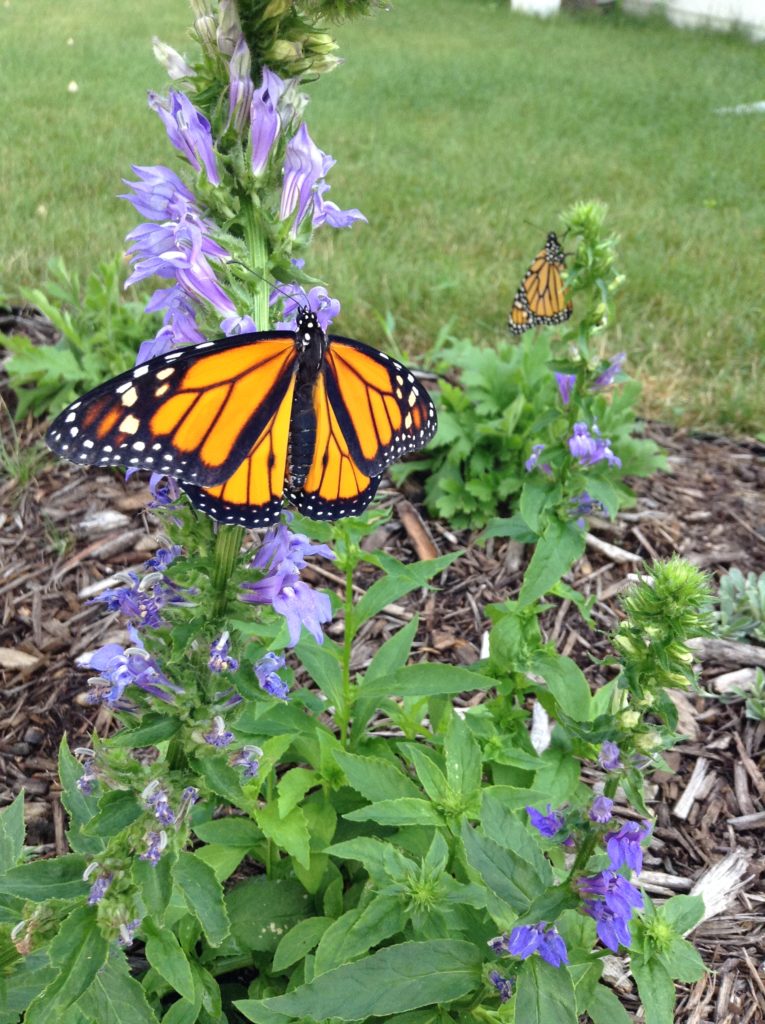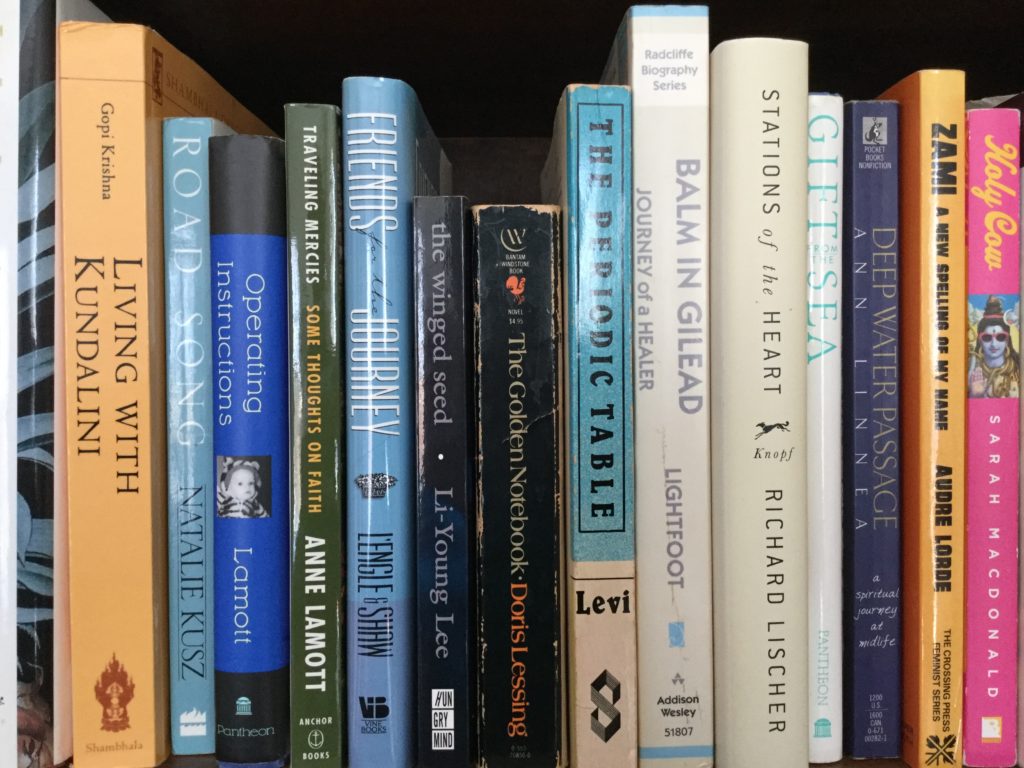Coronavirus, Butterflies, & the Jeweled Net of Indra
We are each a jewel in a mighty net. When we are unaware of this, disasters like the pandemic happen. When we are aware and bring whole, open hearts to our common plight, the net sparkles.
Coronavirus, Butterflies, & the Jeweled Net of Indra Read More »

